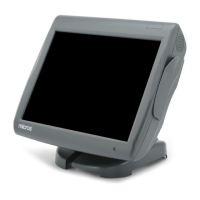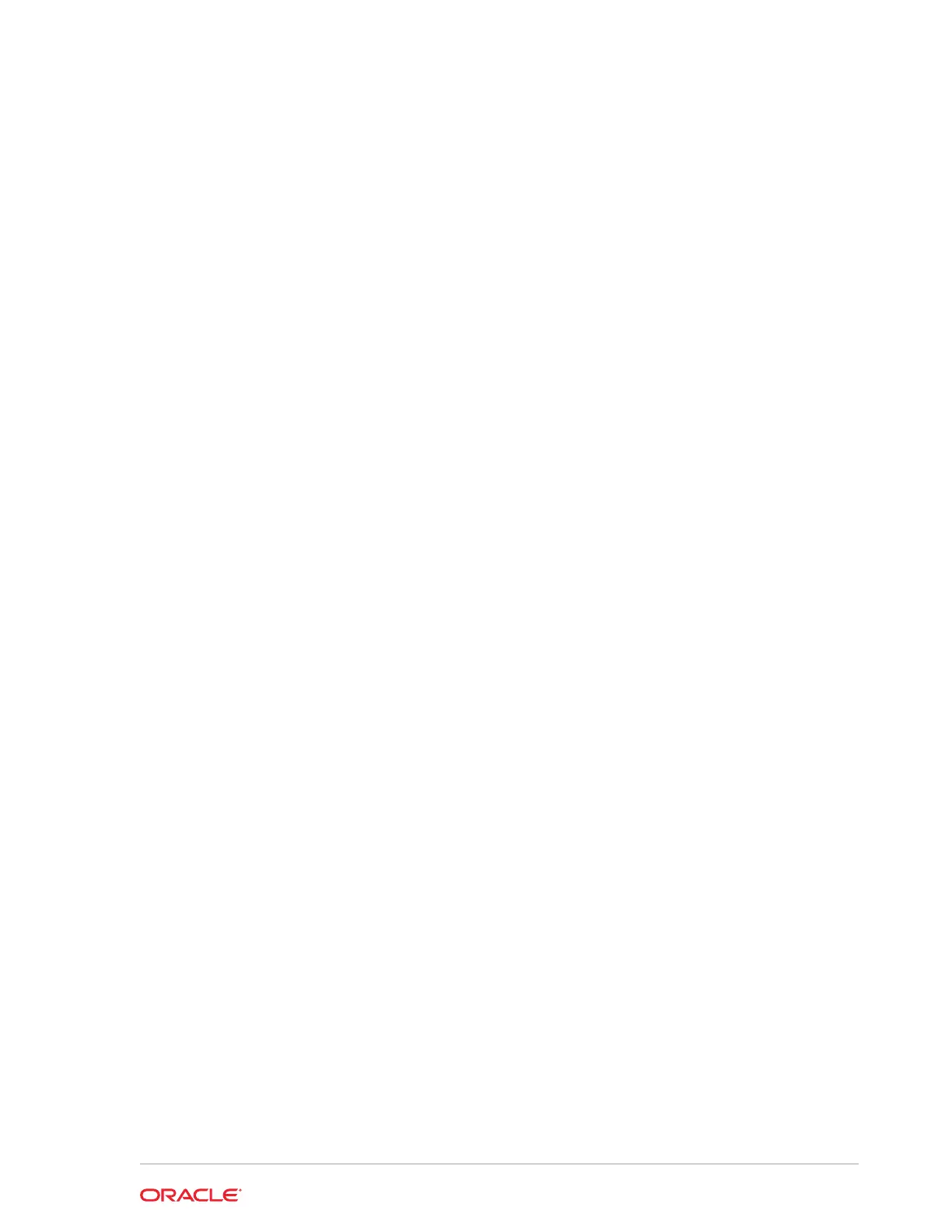32
FCC/DOC Statement
The following sections contain related statements as required by the United States and
Canada:
• Federal Communications Commission Radio Frequency Interference Statement
• Canadian Department of Communications Statement
Federal Communications Commission Radio Frequency
Interference Statement
This equipment generates, uses, and can radiate radio frequency energy, and if not
installed and used in accordance with the instruction manual, may cause interference
to radio communications. It has been tested and found to comply with the limits for a
Class A computing device pursuant to Subpart J of Part 15 of FCC Rules, which are
designed to provide reasonable protection against such interference when operated in
a commercial environment. Operation of this equipment in a residential area is likely to
cause interference in equipment, in which case the user at his own expense will be
required to take whatever measures may be required to correct the interference.
If this equipment appears to cause interference the user could consult the installer/
dealer or an experienced radio television technician.
A booklet prepared by the Federal Communications Commission entitled "How to
Identify and Resolve Radio - TV Interference Problems" may be useful. This booklet
may be ordered from the Superintendent of Documents, U.S. Government Printing
Office, Washington D.C. with stock number #004-000-00345-4.
CAUTION: Changes or modifications not expressly approved by the party responsible
for compliance could void the user's authority to operate the equipment. Shielded
interface cables must be used in order to comply with the emission limits.
Canadian Department of Communications Statement
This digital apparatus does not exceed the Class A/Class B (whichever applies) limits
for radio noise emissions from digital apparatus as set out in the Radio Interference
Regulations of the Canadian Department of Communications.
Le présent appareil numérique n'êmet pas de bruits radioélectriques dépassant les
limites applicables aux appareils numériques de Classe A/de Classe B (selon le cas)
prescrites dans Le Règlement sur le Brouillage Radioélectrique Idicté par le Ministère
des Communications du Canada.
ATTENTION: Tous changement ou modification, non expressément agrées par la
partie responsable pour la conformité de l'installation, pourraient annuler
l'authorisation de l'exploitation par l'utilisateur du materiel installé. Il est obligatoire
d'utiliser pour la communication ou la réalisation d'intorfaces un cable blindé, afin
d'être en conformité avec les limites légales d'émission.
32-1

